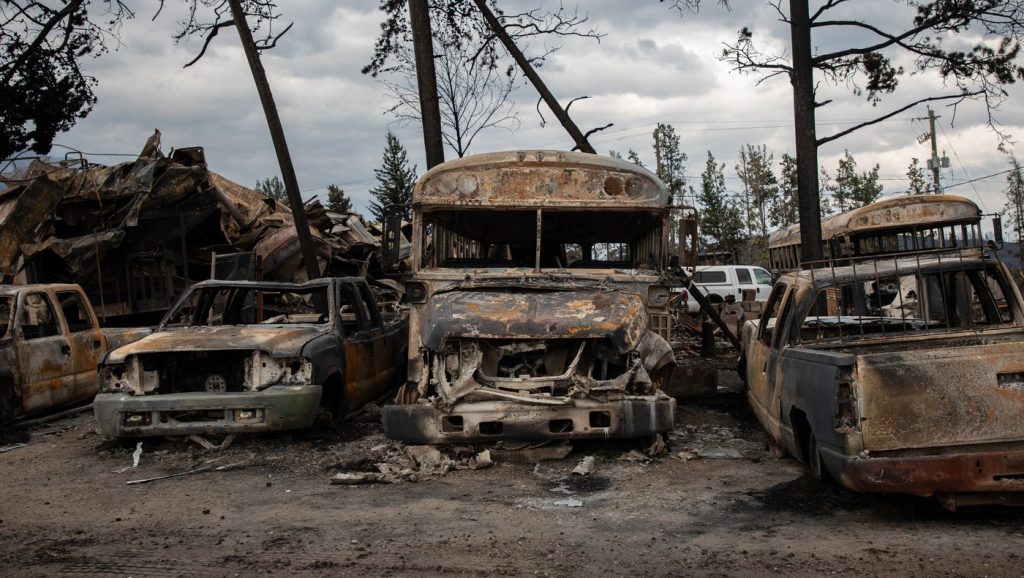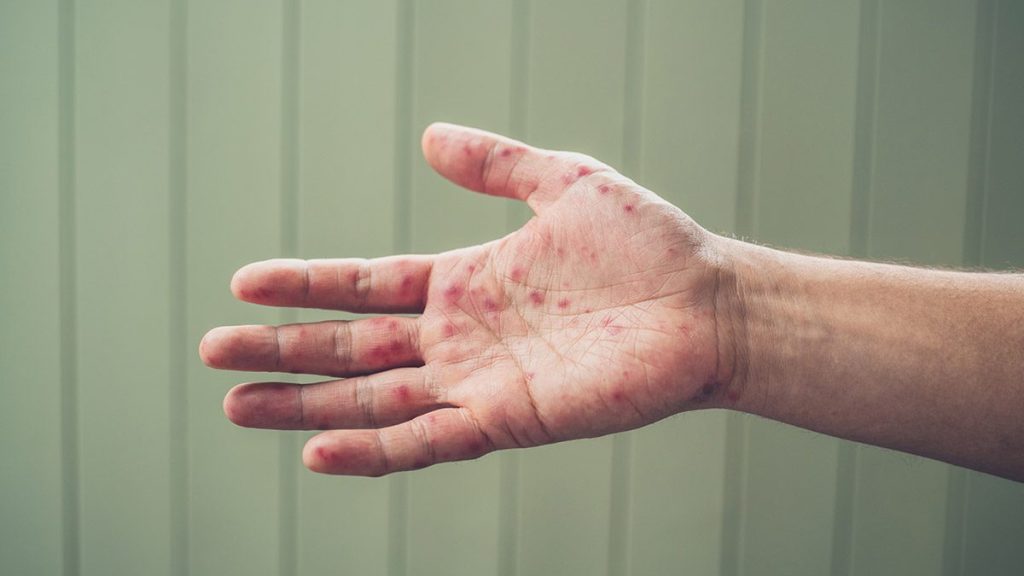Growing concerns about vaccine priority, access
Posted March 2, 2021 7:26 pm.
Last Updated March 3, 2021 7:38 am.
CALGARY (660 NEWS) — As reports show what communities are being hit hardest by COVID-19, questions are being raised about access and who is at the front of the line to get the shot.
“Having one or two pharmacies located in our community here is just not going to do the job,” said Ward 5 Councilor George Chahal.
Reports continue to show how racialized Canadians are still some of the most at-risk people when it comes to contracting COVID-19, and as vaccine plans roll out across the country, there are growing questions about access and who is at the front of the line.
READ MORE: Thirty-five new cases of B.1.1.7 variant, two additional deaths reported in Alberta
It’s an issue in Chahal’s northeast Calgary community, an area which has consistently been at or near the top of the list for COVID-19 cases, a highly racialized community with a high proportion of front-line and essential workers.
“My concern is about the logistics and distribution of how folks in our communities are going to be vaccinated,” Chahal said.
Like much of the country, Alberta has chosen to emphasize vaccinating the elderly.
“They would have had the ability in phase two under federal guidelines to also look at risk factors,” said Calgary Mayor Naheed Nenshi. “People who are higher at risk whether they are people with pre-existing conditions, which they did include, or if they’re people who have to deal with the public a lot and can’t stay safe and they chose not to do that.”
READ MORE: Alberta looking at extending timeline for second dose of COVID-19 vaccine
A report from the Manitoban government shows people of colour have seen disproportionate infection rates and new guidance from Canada’s National Advisory Committee on immunization says adults from racialized communities where that’s the case, should be prioritized for shots in phase two of the vaccination campaign.
But even if people in these communities are given higher priority, easy access remains a concern.
“Right now having one pharmacy on the southern end of my ward when we have close to 100,000 residents, is not enough,” Chahal said.
Health Minister Tyler Shandro says the provincial government is continuing to work with the Alberta Medical Association and family physicians to onboard the physicians who are interested in being able to have the capacity to be able to help with the administration of the vaccine in the community.
It’s an issue Chahal believes will only be fixed with the clear communication of a distribution plan.








